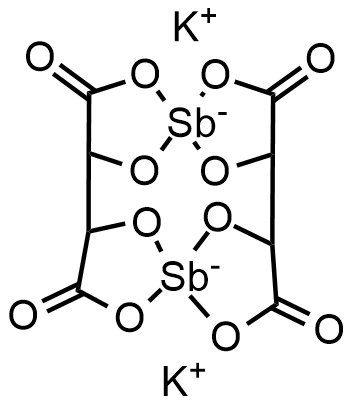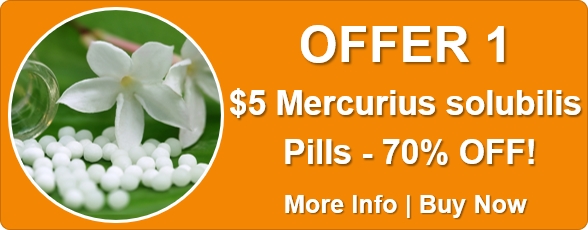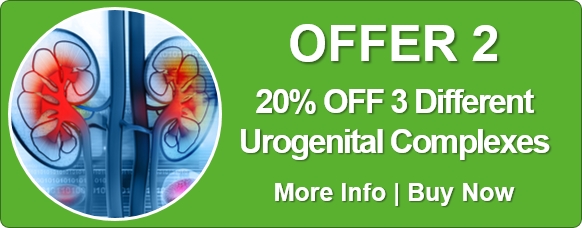Know Your Remedies: Antimonium Tartaricum (Ant-t.)
 Common Names: Ant-tart; tartar emetic; antimony tartrate; antimony potassium tartrate.
Common Names: Ant-tart; tartar emetic; antimony tartrate; antimony potassium tartrate.
General Information
Antimonium Tartaricum (Ant-t.) is a useful remedy for weakness with rattling respiration – the person is too weak, and their coughs too feeble, to clear the mucus from their chest. When symptoms suit, this remedy can be used for congested chests at any stage of life but it is more often needed during infancy and old age, or at the end-stage of disease. The person will be weak, drowsy, sweaty, and want to be left alone. Their tongue may have a heavy, white coating and if eating or drinking, acids, sour drinks, apples, or juicy things are preferred.
Mental-Emotional Symptoms
- Weakness with overwhelming sleepiness.
- Want to be left alone.
- Don’t want to be looked at.
Respiratory Problems
- Frequent yawning.
- Rapid breathing.
- Shortness of breath.
- Loose, rattling cough but scanty expectoration – unable to cough it out.
- Cyanosis (blueness from lack of oxygen) in babies.
- Suffocative cough and wheezing, especially in the elderly or those at the end stage of disease.
- Types of bronchitis, from simple to severe – symptoms must match.
- Types of pneumonia – symptoms must match.
Gastrointestinal Problems
- White-coated tongue with respiratory complaints.
- Craving for acidic, sour, juicy things.
For Pets
- Rattling respiration and coughs, with tiredness.
Where do I find it?
Antimonium Tartaricum (Ant-t.) is available from our online store as a single remedy, and as part of the following Complex (combination remedy): Cough – Loose.
Home Treatment Guidelines
Acute, Self-Limiting Conditions
Conditions like colds or minor injuries, which are short-term and typically improve on their own, can be managed at home with homeopathy. However, in emergencies or if symptoms worsen, contact your healthcare provider.
Chronic Conditions
These home treatment instructions do not apply for ongoing issues, whether mentioned above or not, like persistent allergies or chronic pain. You should consult a qualified homeopath for a personalized treatment plan to achieve the best results with homeopathy for chronic conditions.
How to Take the Remedy for Acute Conditions
- Take one pill or five drops of the remedy. The frequency depends on symptom severity. As examples:
- For life-threatening symptoms, take every 1 minute and seek emergency help immediately.
- For mild symptoms, take every 4 hours.
- Stop taking the remedy once you feel better. Resume if symptoms return.
- If no improvement after four doses, choose a different remedy or consult a professional homeopath.
- For more details on dosing, refer to: How Often to Dose with a 30C Homeopathic remedy.
- For information on the different potencies, read: Guidelines on which potency to use
Additional Notes From Past Masters
Homeopathy is a 200-year-old system of medicine. Early homeopaths recorded detailed notes on how remedies worked, including initial tests, remedy relationships, and their experiences. These writings were shared to improve homeopathic practice and now offer fascinating insights into past uses of homeopathy. Here’s an example, edited and modernised for clarity, from Leaders In Homoeopathic Therapeutics (1898) by E. B. NASH M.D.:
Leaders In Homoeopathic Therapeutics by E. B. NASH M.D.
Antimonium tartaricum (Ant-t.)
Great accumulation of mucus in the air passages, with coarse rattling with inability to expectorate; impending paralysis of lungs.
Face very pale or cyanotic from unoxidized blood.
Great coma or sleepiness in most complaints.
Vomiting, intense nausea, with prostration; general coldness, cold sweat and sleepiness.
Trembling; internal, head and hands.
Thick eruptions like pocks, often pustular; as large as a pea.
Modalities: > from expectoration.
Both ends of life, childhood and old age; clings to those around; wants to be carried; cries and whines if any one touches it; will not let you feel the pulse.
* * * * *
Antimonium tartaricum is another powerful emetic. I can remember the time when the old allopaths used it almost as generally as the botanics did Lobelia inflata, to “clean out the stomach.” Now-a-days, washing out the stomach by lavage, and the rectum and colon by enemas, according to “Hall’s method,” is quite fashionable, and is withal much more sensible, inasmuch as they are so lame in their therapeutics.
Notwithstanding these improvements, there is still a great deal of “gut scraping” going on in the name of “cleaning out the system,” as though the alimentary canal was not a self-cleaning institution, if kept, or put into a healthy condition, but must be regularly “gone through” once in about so often, on the “house cleaning” principle.
To be sure it is folly, but they do the best they know. Neither Antimonium tart. nor any other emetic is used by us for emetic purposes from a therapeutic standpoint.
Our therapeutic uses of it are the same as those of any other remedy, on the principle of similia similibus curantur.
The nausea of this remedy is as intense as that of Ipecacuanha, but not so persistent, and there is relief after vomiting. I have found it nearest a specific (of course we know there is no absolute specific for any disease) for cholera morbus of any remedy. For more than twenty-five years, I have seldom found it necessary to use any other, and then only when there were severe cramps in the stomach and bowels, when Cuprum metallicum relieved.
It has the nausea, vomiting, loose stools, prostration, cold sweat, and stupor or drowsiness found in almost all bad cases of this disease, and I have seldom been obliged to give more than two or three doses, one after each vomiting, before the case was relieved. It is not generally recommended in the text-books for this ailment, but is a gem, as I know from abundant experience and observation.
If Antimonium tart. possessed only the one power of curing, that it does upon the respiratory organs, it would be indispensable. No matter what the name of the trouble, whether it be bronchitis, pneumonia, whooping cough or asthma, if there is great accumulation of mucus with coarse rattling, or filling up with it, but, at the same time, there seems to be inability to raise it, Tartar emetic is the first remedy to be thought of. This is true in all ages and constitutions, but particularly so in children and old people.
There is one symptom that is very apt to be present in these cases, and that is, great drowsiness or sleepiness, sometimes amounting to coma. This is found, not only in diseases of the respiratory organs, but in cholera infantum, cholera morbus and intermittent fever.
In pneumonia, both Tartar emetic and Opium may have great sleepiness but there is no need for any confusion here as to choice, for in Opium; the face is dark red or purple, and there may be sighing or stertorous respiration. With Tartar emetic the face is always pale, or cyanotic, with no redness, and the breathing is not stertorous.
Three remedies are remarkable for sleepiness, viz.: Opium; Tartar emetic and Nux moschata, but aside from this one symptom they are not alike.
Antimonium tart. is also one of our best remedies for hepatization of lungs remaining after pneumonia. There is dullness on percussion, and lack or absence of respiratory murmur, and shortness of breath, and patient continues pale, weak and sleepy.
If Sulphur should not promote absorption in such a case, Tartar emetic will often do it. I have used it from the 200th to the c. m. potencies with equally good results.







